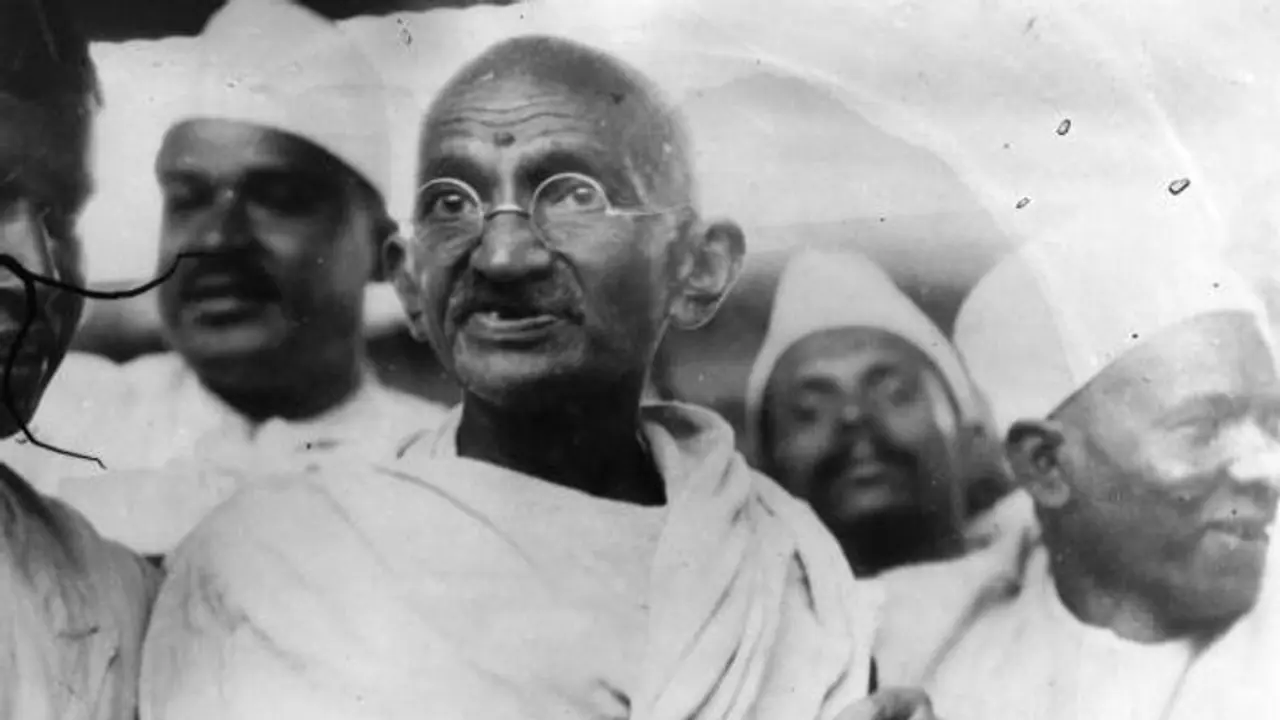The Non-Cooperation Movement was begun after several incidents, notably the Jallianwala Bagh Massacre. It was put on hold due to the Chauri Chaura incident in 1922.
The Indian National Congress (INC), led by Mahatma Gandhi, started the Non-cooperation Movement on September 5, 1920. The party launched it during a Congress session in Calcutta in September 1920. It marked the beginning of a new era in the history of the Indian liberation fight.

The Non-Cooperation Movement was begun after several incidents, notably the Jallianwala Bagh Massacre. It was put on hold due to the Chauri Chaura incident in 1922. The 1920–22 non-cooperation movement was an attempt in vain, led by Mahatma Gandhi, to persuade the British government of India to grant India self-rule or swaraj. However, it was one of Gandhi's first large-scale coordinated actions of civil disobedience (satyagraha).
The movement developed in response to great outrage in India following the slaughter at Amritsar in April 1919, in which British-led forces massacred hundreds of Indians. That rage was subsequently fueled by outrage at the government's perceived inability to take proper punishment against those guilty, particularly Gen. Reginald Edward Harry Dyer, who commanded the troops involved in the killing.
Gandhi bolstered the cause by nonviolently supporting the concurrent Muslim battle against the disintegration of the Ottoman Empire following World War I.
The peaceful movement included Indians resigning their titles, boycotting government educational institutions, courts, government service, foreign commodities, elections, and finally refusing to pay taxes. People were asked to remove their children from government-controlled or assisted schools and universities, to boycott foreign commodities in favour of Indian-made goods, to boycott legislative council elections, and to refuse to serve in the British army.
The non-cooperation campaign was a watershed moment in the independence movement. It demonstrated that the INC was willing to sacrifice constitutional measures to attain self-rule for the first time. Gandhi promised that if the movement was carried out to its conclusion, Swaraj would be realised within a year.
In the aftermath of the Chauri Chaura tragedy, Gandhi called off the campaign in February 1922. During a conflict between police and demonstrators of the movement in Chauri Chaura, Uttar Pradesh, a violent crowd set fire to a police station.
Also Read | India@75: Satyajit Ray, master behind the masterpiece
